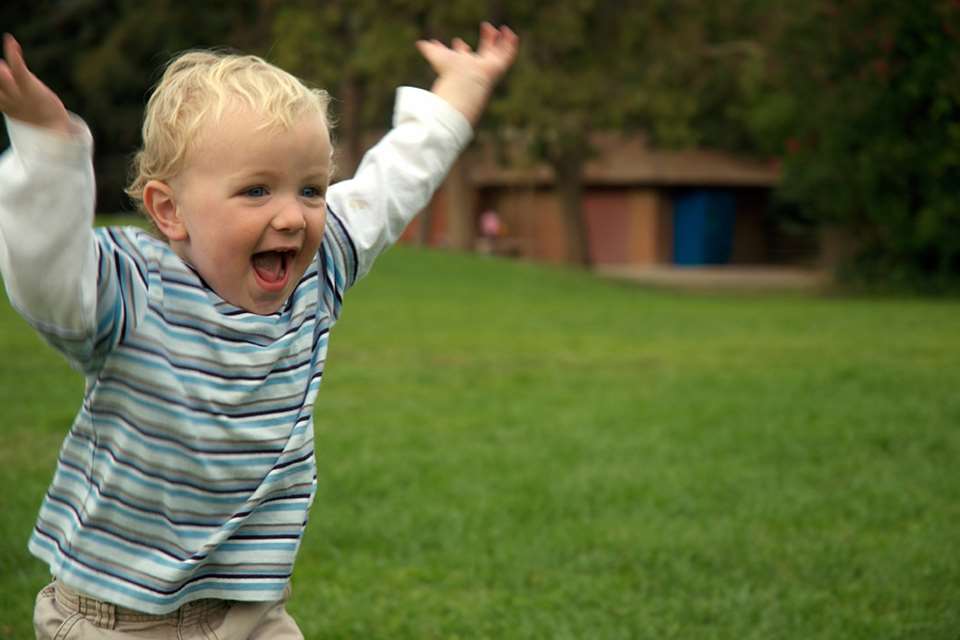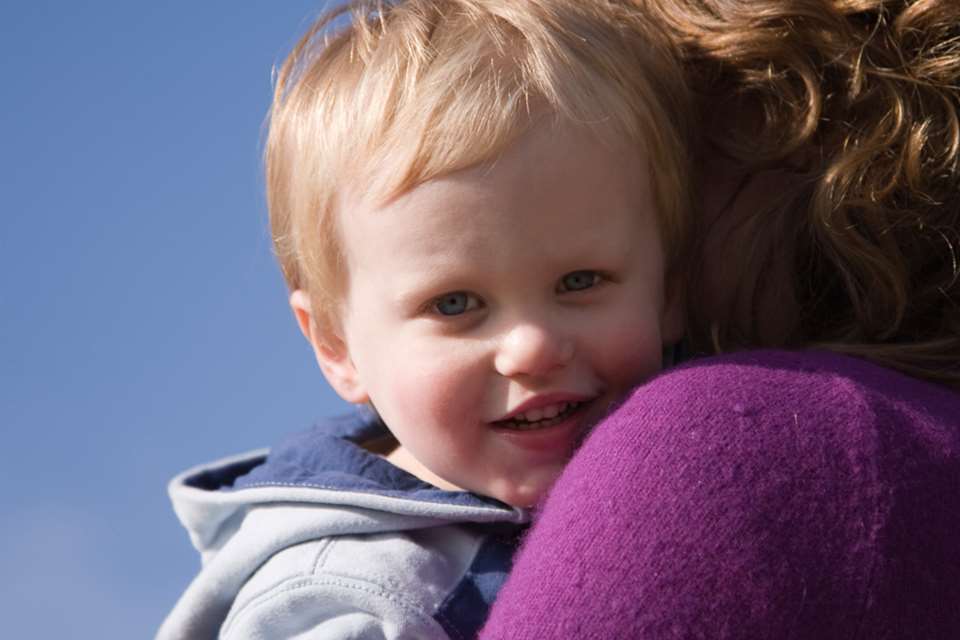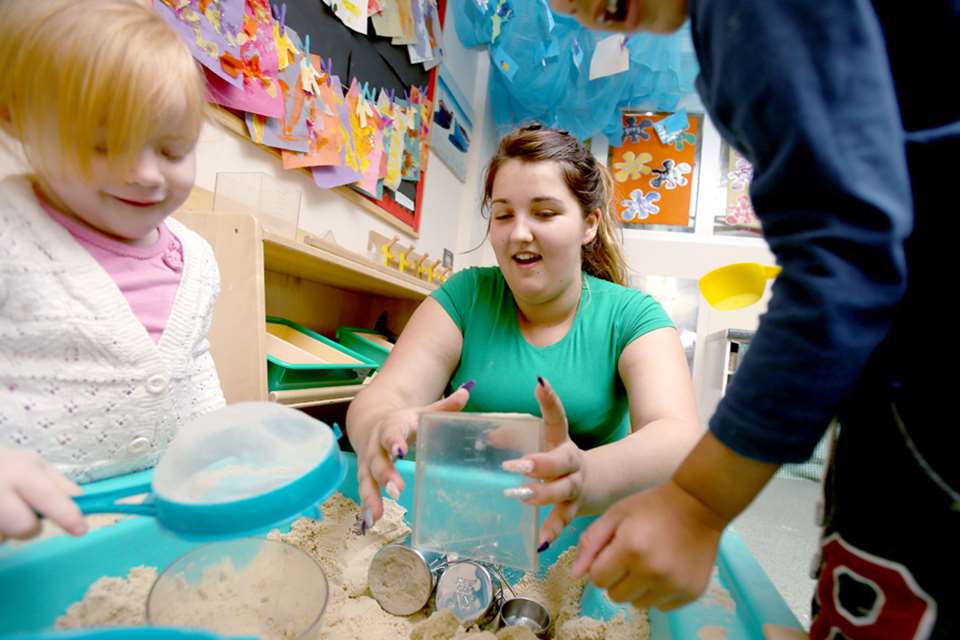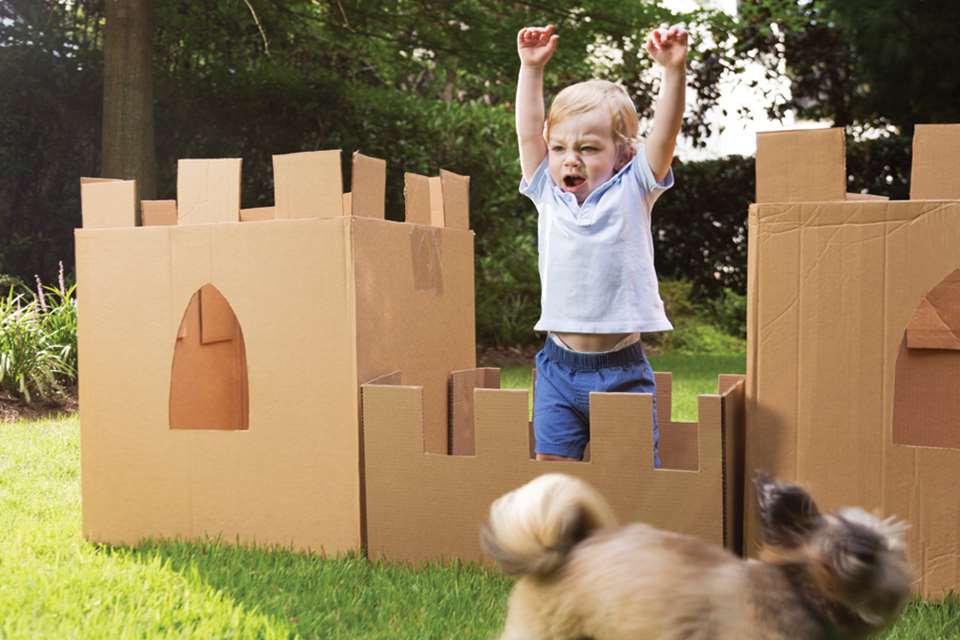Positive Relationships: Behaviour - How I feel
Annette Rawstrone
Monday, February 8, 2016
Behaviour is an area of early years learning as important as any other. Annette Rawstrone finds out how some settings approach it
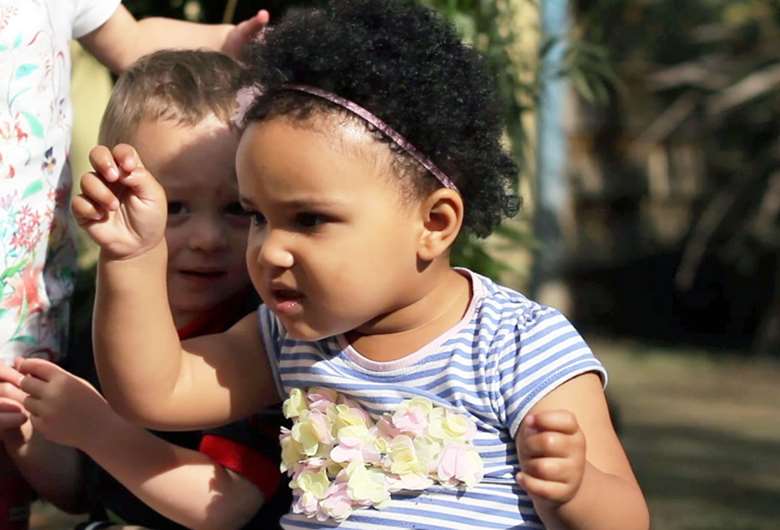
Does your setting have a series of behaviour strategies that come into force when something goes wrong, or an overall approach that starts with the child? At Lark Lane Pre-school in Liverpool, practitioners try to see situations from the point of view of the individual child in an attempt to interpret why that child has reacted in a particular way.
Early years teacher Teresa Lalley says, ‘If a child bites another then we will question what may have happened to make them behave that way. It could be that the child is tired, or missed their breakfast that morning.’
Early years teacher Liz Ludden, from Dukes and Duchesses day nursery, also in Liverpool, agrees that if staff can understand why the behaviour is happening then they are then in a better position to help the child. She uses the recent example of a pre-school child who uncharacteristically bit another.
The staff discussed what led up to the incident and what had happened to provoke the biting. They also sympathetically spoke to the child about the incident. Through this they were able to decipher that she was not feeling well, had a tussle with a peer over a doll’s pram and bit her because she was engulfed by emotion.
‘As a team, we understand that all behaviour is a form of communication,’ says Ms Ludden. ‘We do not label children as difficult or naughty but ask what we can do to prevent this behaviour, and we look at schemas. We had a child that kept throwing things so we considered what he liked to do and set up ropes and pulleys for him to work through. We also enabled him to throw things safely by giving him plenty of time outdoors and providing balloons for him to play with indoors.’
Ms Lalley says that it is important to acknowledge how children feel and to talk about it. They often use emotions dolls to help discuss difficult emotions such as being sad or angry.
‘It is important to value that children have emotions and to also help them to understand how their actions may have made another person feel,’ she says.
AN AREA OF LEARNING
Behaviour should be treated as an area of learning in the same way that literacy or numeracy is. Regular key group time is used at Lark Lane Pre-school to draw attention to children’s emotions and behaviour. Four to six children aged from two to five years are in mixed key groups and meet a couple of times a day for short, informal chats lasting up to ten minutes. ‘We aim to give the children their own voice so that they have the courage to say, “Don’t do that, I don’t like it.” We empower them by giving them the words to use and they gradually learn the skills to manage their own behaviour and that of the other children,’ says Ms Lalley.
She adds, ‘The children then remind each other if they see negative behaviour because we have instilled an ethos of helping each other. It’s an important area of learning because they are gaining the skills to be resilient and look out for themselves and each other.’
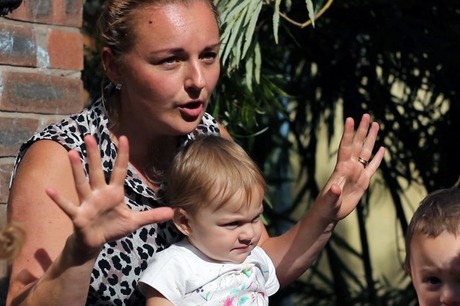
At Dukes and Duchesses, practitioners also aim to engage the children in ‘policing’ their behaviour. Early years teacher Liz Ludden says that if there are behaviour issues, such as a problem with sharing, the staff will ask the children involved what they think they should do. For example, if a child knocked down another child’s tower, then perhaps they should help rebuild it, or get a tissue if the other child is crying. ‘We do not tell the children to hug each other,’ she adds. ‘It is often not appropriate for them to give a hug. As adults, we often would not want that if someone has just hurt us.’
The children are encouraged to monitor their own behaviour and do their own risk assessments in order to give them ownership of their behaviour and environment. Recently some girls blocked the sink in the toilets with paper towels. A couple of boys saw what was happening and challenged their behaviour. A practitioner observed the interaction and allowed the children to negotiate and ultimately clear up the mess themselves instead of stepping in and taking charge of the situation.
‘She then told them how proud she was and what an awful mess there would have been and that they would have had to get the mop,’ says Ms Ludden. ‘By giving the children the power to address their own behaviour, we are allowing them to rationalise and learn.’
Staff also look at the nursery environment daily to assess whether it is suitable for the children attending that day. ‘If there are children attending who find the transition to nursery in the morning difficult then we will set up comfortable spaces so that it feels cosy and welcoming when they come in,’ Ms Ludden says. ‘If there are areas where we notice that sharing is a problem, we will look at resourcing it better.’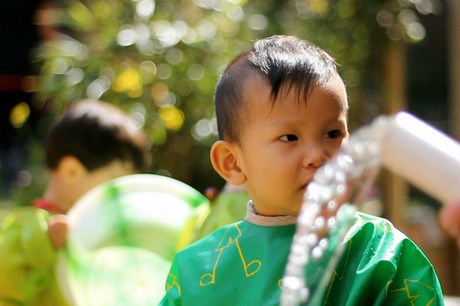
EXPERT’S VIEW
Early years consultant and trainer Kay Mathieson emphasises that behaviour is an important area of learning, and children must be supported to learn how to interact with others and correctly respond to what is going on around them.
She says that practitioners should not expect there to be one strategy that will always work. ‘Conversations about behaviour normally focus on a child not doing what they are told, rather than from understanding the perspective of the child and their development in terms of thinking and language. We as human beings do not just have one response so it is important to use different strategies, to interpret and know the individual child,’ she explains.
Rather than being reactive and only addressing behaviour when something goes wrong, such as if a child starts biting, she says that practitioners should aim to be proactive.
‘You should also sit down as a setting and discuss what you think about behaviour, what the messages are that you want to give,’ she explains. ‘Question in what ways you are consistent in helping children to learn about behaviour.’
CASE STUDY
A girl aged two and a half started to bite other children regularly in the nursery. She would be very close to another child and hug them and then bite them.
Her younger brother also attended the setting and she would display very maternal feelings towards him, holding onto him and hugging him but not biting him.
The practitioners spoke to the child’s mother about the behaviour to gain a picture of what may be causing it. They discovered that there was a history of drug abuse in the family and that the parents had recently gone through a difficult separation.
Staff decided to seek the help of a local educational psychologist who suggested that the child was struggling with attachment and feelings of frustration. He devised a programme for the child’s key person to work through with her.
They made a ‘biting box’ for the child which contained objects that were important to her and that she could hold on to or explore when she needed reassurance. She was also encouraged to bring in objects from home into the setting to help with the transition, and to bite a stuffed dog toy when she got frustrated rather than hurt a child. It was also identified that the child’s language skills were delayed, so staff supported her to work on her communication.
It took up to six months for the child to work through her difficult behaviour with the support of her key person. She is now three and a half and no longer bites other children, although she will still sometimes return to the stuffed toy and bite it when she is feeling emotional.


